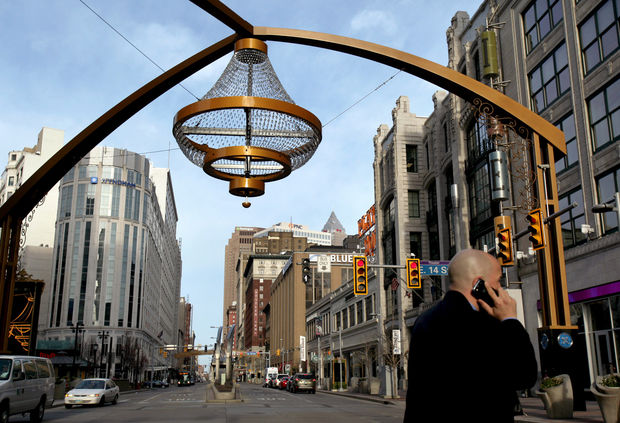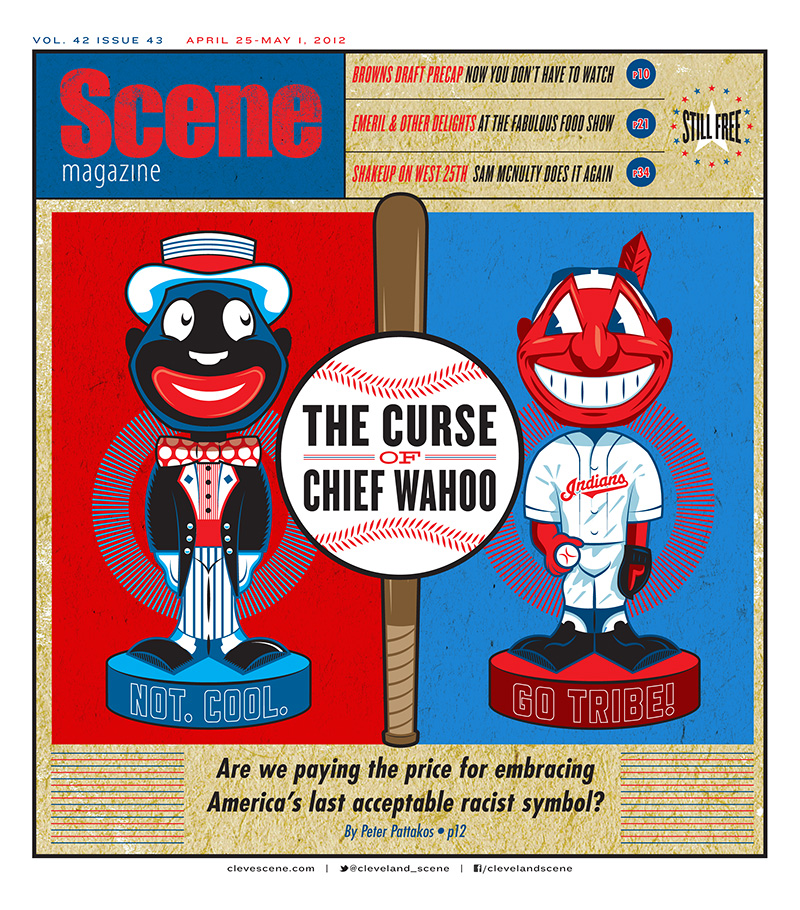It’s naturally tempting for more well-off Northeast Ohioans to believe that a renaissance is underway in the region. LeBron is coming back, the Republican convention is coming to Cleveland, fancy new buildings continue to go up downtown, we just got the world’s biggest outdoor chandelier, and the local paper has been trumpeting a “brain gain” in the city.
“Young professionals from elsewhere [are] streaming into urban neighborhoods, raising education and income levels and maybe setting the stage for a new economy,” the Plain Dealer’s Robert L. Smith wrote in April of a study published by researchers at Cleveland State.
Yet as much as this CSU study might mostly mean that you can only get a job in Cleveland anymore if you’re a doctor, it was only a few weeks ago that the same local paper brushed off new census numbers showing that Cleveland’s decade-plus-long poverty crisis is as bad as ever, with 54.4% of the city’s children living below the poverty line. In announcing the census results, the PD spent most of its column on the subject trying to argue, without any apparent concern about growing inequality and segregation, that the numbers aren’t as bad as they might look because well-off Clevelanders have been more successful than people in other cities have at isolating themselves and their tax dollars from the city’s poor.
“So is poverty worse in Cleveland than it is in Columbus? It depends on how you want to look at it,” Rich Exner wrote.
In other words, it depends on what you mean by “Cleveland.” “Our” Cleveland, or “theirs“?
Which mainly goes to show how the reality of this Tale of Two Cities continues to grow increasingly bleak while the narrative paradoxically grows increasingly one-sided — a trend that’s especially troubling given the unprecedentedly unchecked influence of moneyed interests on media and the political process;
Making alternative media, and especially pieces like this one at Belt Magazine by one of the most accomplished and respected economists in Ohio, George Zeller, all the more important.
“Bits of good news — as welcome as they may be — are dwarfed by a relentlessly bleak economic reality,” Zeller writes. “The numbers are bad — and getting worse — and the suffering behind those numbers is more wretched.”
Read the whole thing, in which Zeller presents the numbers and discusses the implications. And if you think it’s important, please consider doing what you can to support Belt Mag, such as by bookmarking the page, joining the e-mail list, becoming a member, and by visiting regularly to engage with the work there and spreading the word.




